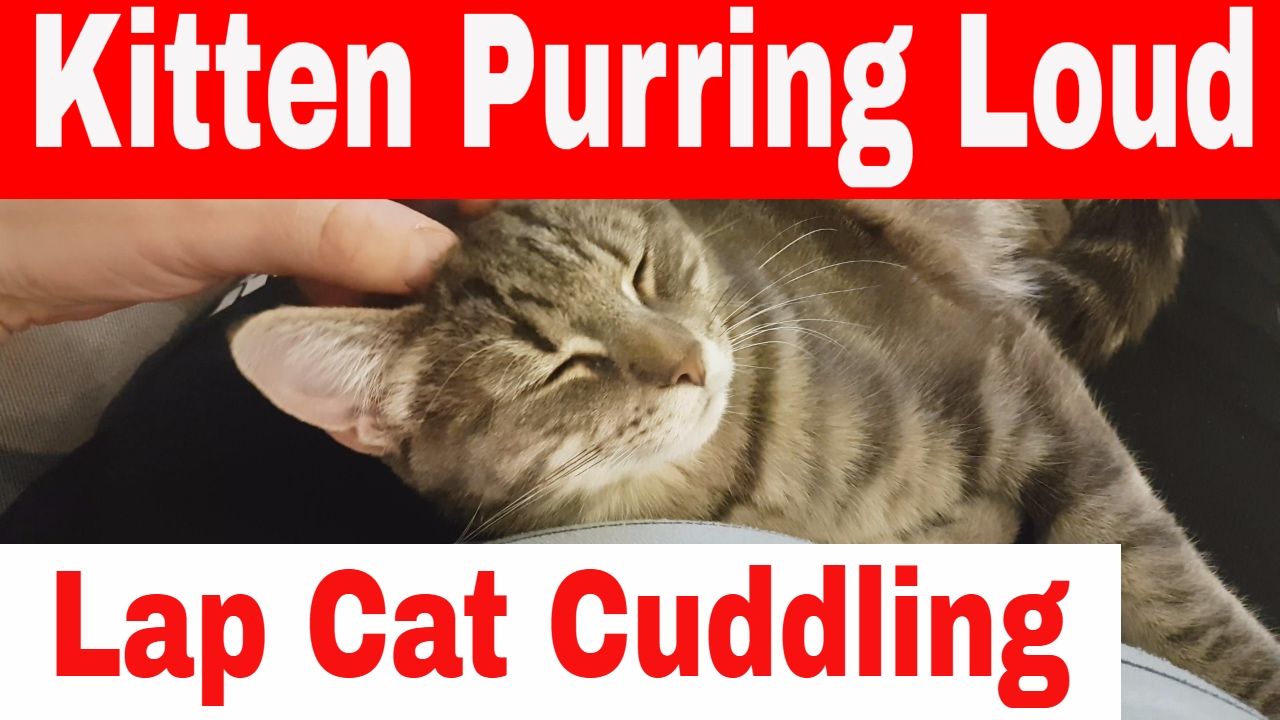Why Does My Kitten Purr So Loud

Purring is a fluttering sound that cats produce.
Why does my kitten purr so loud. Why is my cat purring so loudly. It happens due to the neural oscillating system. As they grow older and bigger their purrs will also develop to become louder and deeper. But a cat also purrs when it is injured sick in pain or even when near death.
Purring is usually a sign of contentment although it doesn t always indicate happiness. The exact reason for a cat s purr is something of a mystery. It also indicates a bonding mechanism between kitten and mother. Kittens purrs tend to be soft and very high due to their small bodies.
That could mean your cat purring while enjoying some cozy cuddles from you or it might help calm. Purrs release feel good endorphins so experts think cats use the vibrations to soothe themselves. These signals stimulate a cat s vocal cords to vibrate. Purring is exclusive to certain species of felines.
The purrs don t sound the same. Cats purr when they are happy frightened or feel threatened. Some cats purr when it s mealtime. A cat that is ill or anxious will sometimes purr as a comfort.
British researchers studied the sounds that house cats make when they re hungry and when food isn t on their minds. However most of the time if your kitten is rubbing against you and purring loudly it s a sign of affection or she s asking for something such as food. One is simply that your cat is getting older and her body is getting bigger with a more developed kittens start purring within a day or two of their birth. Cats purr during both inhalation and exhalation so the sound is nearly continuous.
It can vary in intensity in terms of tone and loudness among different cats. Many suggest a cat purrs from contentment happiness and pleasure. So as the cat breathes in and out the air moves across these twitching muscles resulting in a purring sound. Some species outside these families also make purr like sounds but seem to use a different mechanism than cats do.
This is helpful during the long periods of inactivity in their style of hunting which is to wait for prey to come by and then ambush it.








